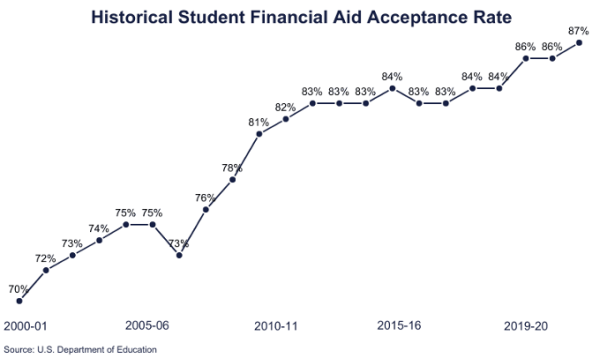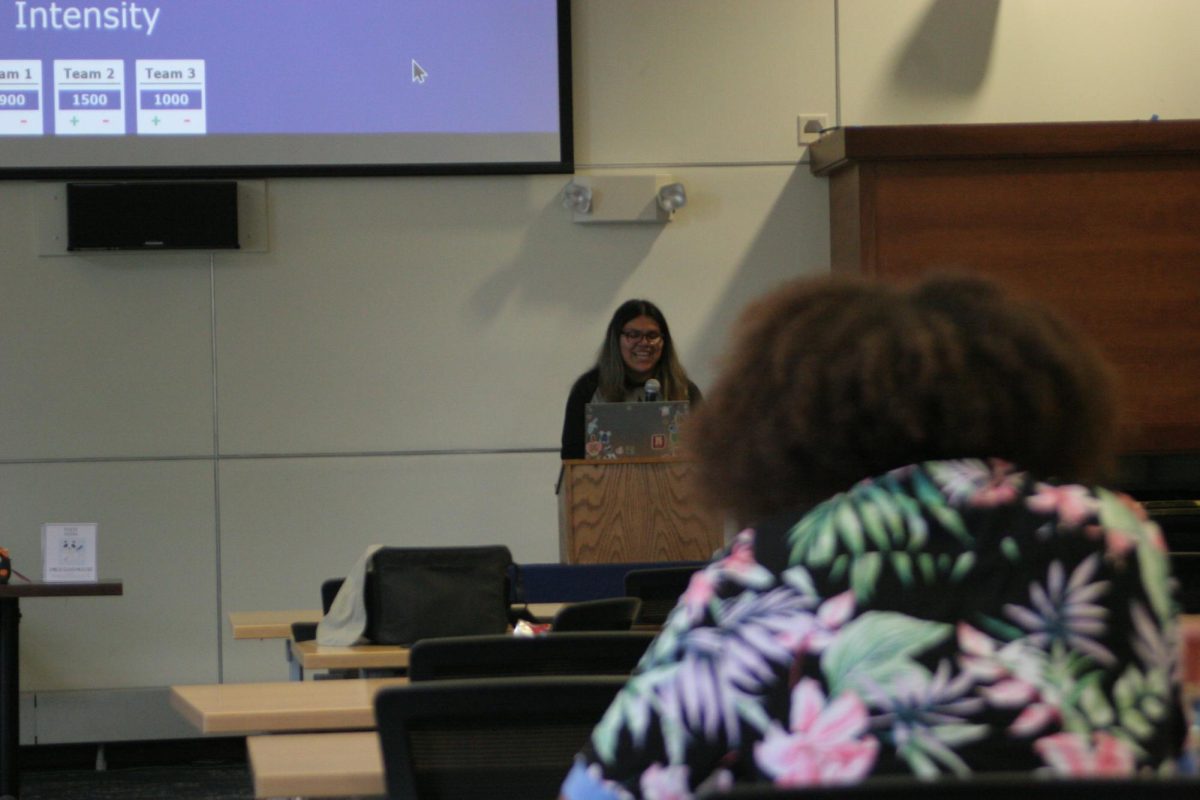As students begin to enter the new academic year, they are faced with the unforeseen challenge of delays in FAFSA processing. The Free Application for Federal Aid (FAFSA) is an essential tool utilized by students to acquire financial aid. This financial assistance includes federal student loans, work-study, Pell Grants and scholarships. Many students rely on their financial aid award letters to make informed decisions about which institution they will attend in the upcoming Spring or Fall semesters. The current delays in processing have created significant uncertainty, leaving students in a state of limbo as they await crucial updates that will influence their educational path and current finances.
According to Education Data Initiative, 71% of families apply for federal financial aid using the Federal Application for Student Financial Aid (FAFSA) and 87.3% of college students benefit from some form of financial aid. This indicates that there is a large need for financial assistance, and it is safe to assume that the delay in its arrival this year has left some students in a bind.
The FAFSA backlog directly impacts UIS students. On March 25, 2024, the UIS Office of Financial Assistance notified all students that the 2024-2025 FAFSA application was available for submission. However, due to processing errors, the delivery of estimated aid offers would arrive late. Many of these offers were received in late June and early this week, uncomfortably close to the upcoming tuition billing due date in three weeks.
The backlog in processing FAFSA applications can be attributed to several factors. Significant updates were made to the FAFSA form by the Department of Education in 2023, following approvals from Congress in 2019 and 2020. These updates aim to enhance user experience by reducing the number of questions applicants must answer compared to the previous version. Additionally, the updated form allows for the retrieval of certain information directly from the IRS website, eliminating the need for applicants to manually access previous tax records. It is anticipated that the recent modifications will result in a higher number of students qualifying for Pell Grants in the 2024-2025 academic year.
The transition to a more functional FAFSA application has unfortunately impacted participants due to the Department of Education’s need to release it prematurely. Although the new application was mandated to be available by the end of 2023, it was only briefly accessible upon launch for 30 minutes at a time and not fully available until early January, according to CNN. This timeline deviates significantly from the typical launch date of October 1st. Later adjustments and modifications have further contributed to additional delays experienced by students. Despite the headache that the current delays may have caused to date, The Department of Education is working to ensure that the application improvements will create a more efficient method for applicants in the future. UIS students and students at other institutions can be optimistic that, once the application process is fully mastered, future students will benefit from a more streamlined and positive experience in requesting and receiving financial assistance through the improved FAFSA application.
Hanson, Melanie. “Financial Aid Statistics” EducationData.org, May 25, 2024,
https://educationdata.org/financial-aid-statistics
Katie Lobosco. “A new FAFSA problem could keep families waiting longer for financial aid awards” CNN.com, April 1st, 2024, https://www.cnn.com/2024/04/01/politics/fafsa-problem-financial-aid-award









